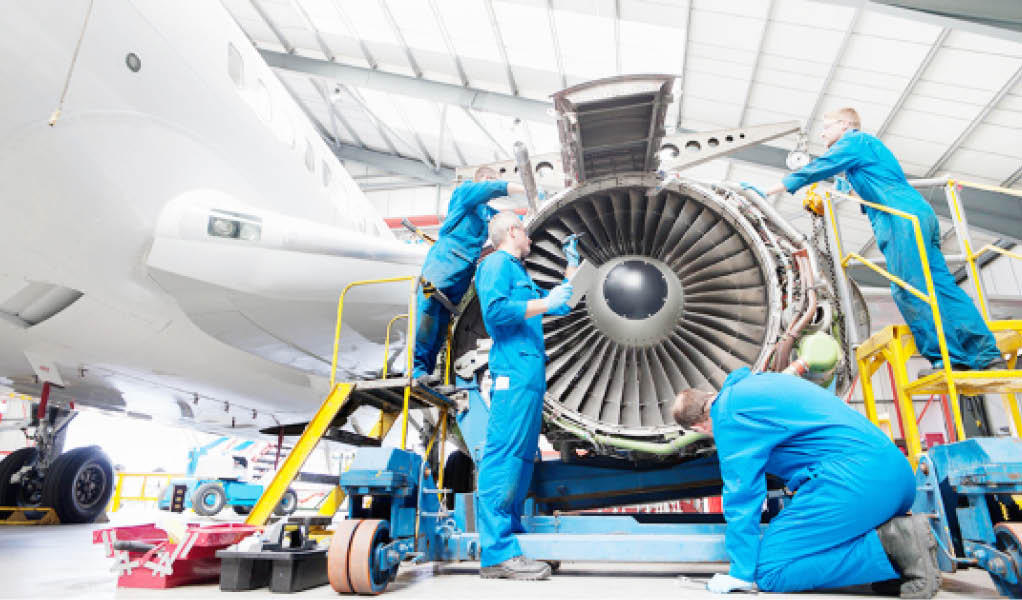Former Rector of the Nigerian College of Aviation Technology (NCAT), Zaria, Capt. Samuel Caulcrick, has called for a policy to encourage the set-up of maintenance, repair and overhaul (MRO) facilities.
He suggested that the Nigerian Civil Aviation Authority (NCAA) can come up with a policy not to renew Air Operator’s Certificate (AOC) for an airline or issue AOC for an intending carrier without a plan to establish a local MRO.
Daily Trust reports that one of the challenges facing Nigerian airlines today is the absence of MRO to carry out scheduled compulsory checks on aircraft as they bleed over heavy maintenance costs estimated at over N25bn annually.
The cost would have increased over the high-interest rate which now hovers around N740/$.
Daily Trust reports that a comprehensive check on an aircraft costs roughly between $1m and $2m (about N700m to N1.3bn at the current exchange rate), depending on the extent of checks while airlines have an 18-month window to conduct a comprehensive check on an aircraft as required by the Nigerian Civil Aviation Authority.
The Muhammadu Buhari-led federal government in its aviation road map plans to establish an MRO which has not been achieved in the last seven years.
Capt. Caulcrick in a chat with newsmen said there must be an enabling environment for investors into the MRO project.
To achieve this, he said, “For instance, the NCAA can say it would not renew an existing AOC or issue an AOC to an intending operator without a local MRO identified in the application form. The government can give them a timeline because this could take up to three years to accomplish.”
He said having enough MROs in the country would ease the operators of the pressure of sourcing for dollars and other costs of ferrying their aircraft abroad in addition to boosting the economy.
The aviator said, “Once an airplane is flying in Nigeria, it means it is our economy that is supporting the aircraft to fly. Let’s say it is now one hour to go for an MRO; it means our economy has supported that business for the maintenance to be ready for it to come to the hangar.
“Now, we take the MRO business to foreign countries. It means we are creating business for those countries when we were the ones that created the business. So, it is better to let it stay within the economy. That is one argument by which the MRO supports the economy. So, this economy should not lose to other economies after creating that business.
“Also, MRO supports the naira in the pockets of all of us. Once the aircraft is taken out, there is the cost of labour that would be paid by the airline.
“Instead of the airlines saving that naira it earned in Nigeria, the airlines go to the foreign exchange market and start looking for dollars. The manpower too is no longer local and the airlines go to the foreign exchange market, looking for dollars, thereby further putting additional pressure on the naira. This affects our economy and the Nigerian market.”

 Join Daily Trust WhatsApp Community For Quick Access To News and Happenings Around You.
Join Daily Trust WhatsApp Community For Quick Access To News and Happenings Around You.